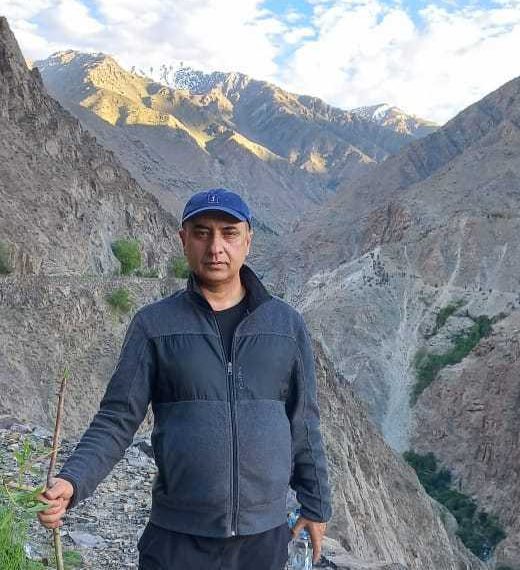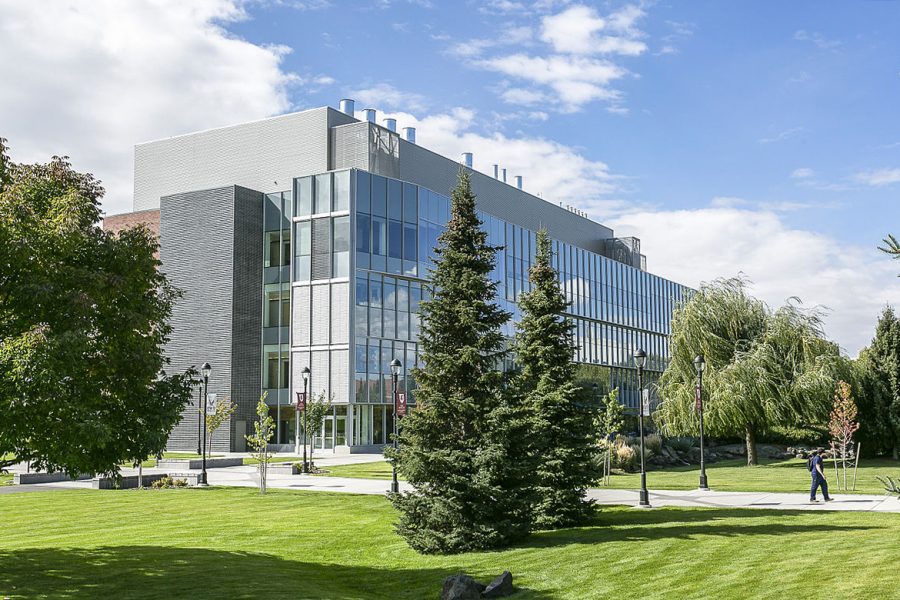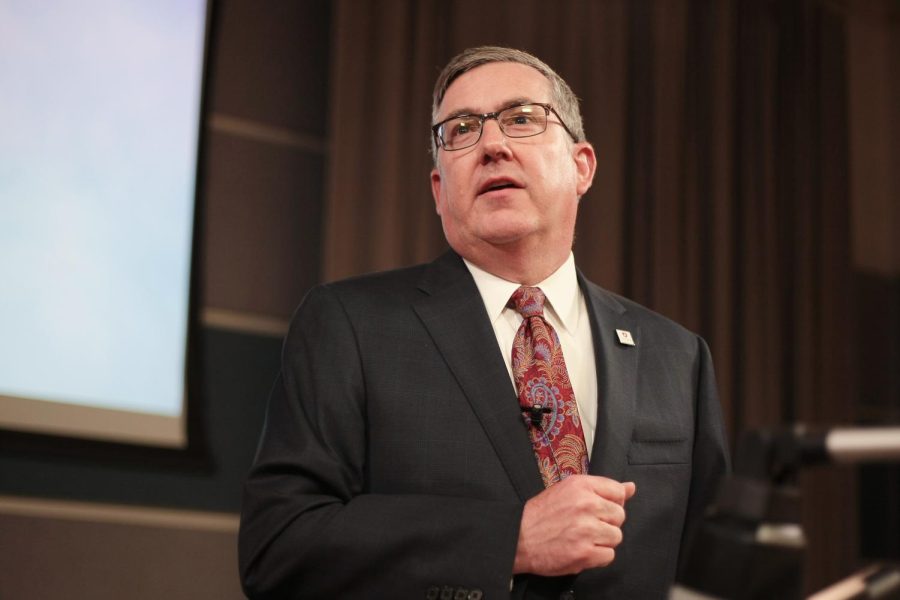At the northern reaches of Pakistan lies an extension of the Himalayan mountain range, in an area dubbed Karakoram. In recent years it has become a sought-after place for outdoor enthusiasts and mountaineers, since it contains the world’s second-tallest mountain, K-2.
However, long before tourists made their way there, indigenous peoples called the slopes of Karakoram home. WSU PhD student Athar Ali Khan is one of these people and seeks to understand the growing effect of climate change on his area of origin, and what it means for the people still living there.
The indigenous peoples of the Karakoram mountain range are agro-pastoralists, meaning that they sustain themselves through light agricultural work and largely with the livestock they keep, mainly yaks, Khan said. They live at high elevations and cycle different elevations throughout the year in accordance with the shifting seasons.
The indigenous peoples have intimate traditional ecological knowledge of the landscape and its seasons. Khan said he took care, for several months, to interview knowledgeable specialists in three different villages of Karakoram.
“Within the anthropological study, nobody has attempted to see what kind of indicators they use,” Khan said, “[Anthropologists] worked on perception of people, but never worked on a systematic study of how the knowledge comes into play.”
The indicators were significant, Khan said people native to the area reported dramatic differences in customary snow depth, increasing glacial crevasses, river springs drying, unusual torrential rains, and more, data that was previously unknown to scientists without access to oral history.
As the climate shifts, reliably acquiring subsistence needs becomes more and more unlikely. Already, children in these areas are all being sent to school with the expectation that they will need to get jobs outside the community, in larger cities, or face no options for sustainment, he said.
“It’s kind of a seasonal migration, and it’s getting higher,” Khan said.
Cultural Ecology professor Robert Quinlan said this kind of migration can make home communities more cosmopolitan and noted the loss of cultural knowledge through this modernization.
“All human societies are facing serious impacts from climate change,” Quinlan said. “Indigenous communities are often the first to feel climate change impacts because they often depend on predictable weather to maintain their traditional land-based livelihoods.”
Khan said migration is one of several climate change adaptation options. His research indicates that local and global policies made for the protection of the people living there are also effective and necessary, however it is important to incorporate traditional ecological knowledge because the indigenous people know the weather of the past.
“[The indigenous peoples’] adaptations are economical, robust, and quick,” he said.
Quinlan said Karakoram peoples use their cultural knowledge to optimize planting/harvesting schedules, pasture movements, and other pivotal decisions in the face of a shifting climate.
Khan said he works with the United Nations and other international organizations to provide the model for mountain areas. There are millions of people living in the mountains across the Karakoram and Himalayan ranges, and this type of model can work across the entire region.
Khan said he advises global entities to integrate traditional knowledge as they provide aid in indigenous struggle with climate change. In this way, he hopes to preserve not only important cultural information, but quality of life for people living in these regions.










Munir Ahmad Moneeb • Oct 3, 2023 at 10:38 am
Thanks, for picking up research on this highly important topic, as these communities inhabited in very remote mountains parts, don’t understand this onset and how to cope with it ? meanwhile we needed to understand their resilience for further response.
In the wish to have the results or recommendations of your research as this can applies to other side of border too. To due to somehow similar geography and living conditions.
Regards
Ghazanfar Ali Khan • Oct 1, 2023 at 2:48 pm
Amazing